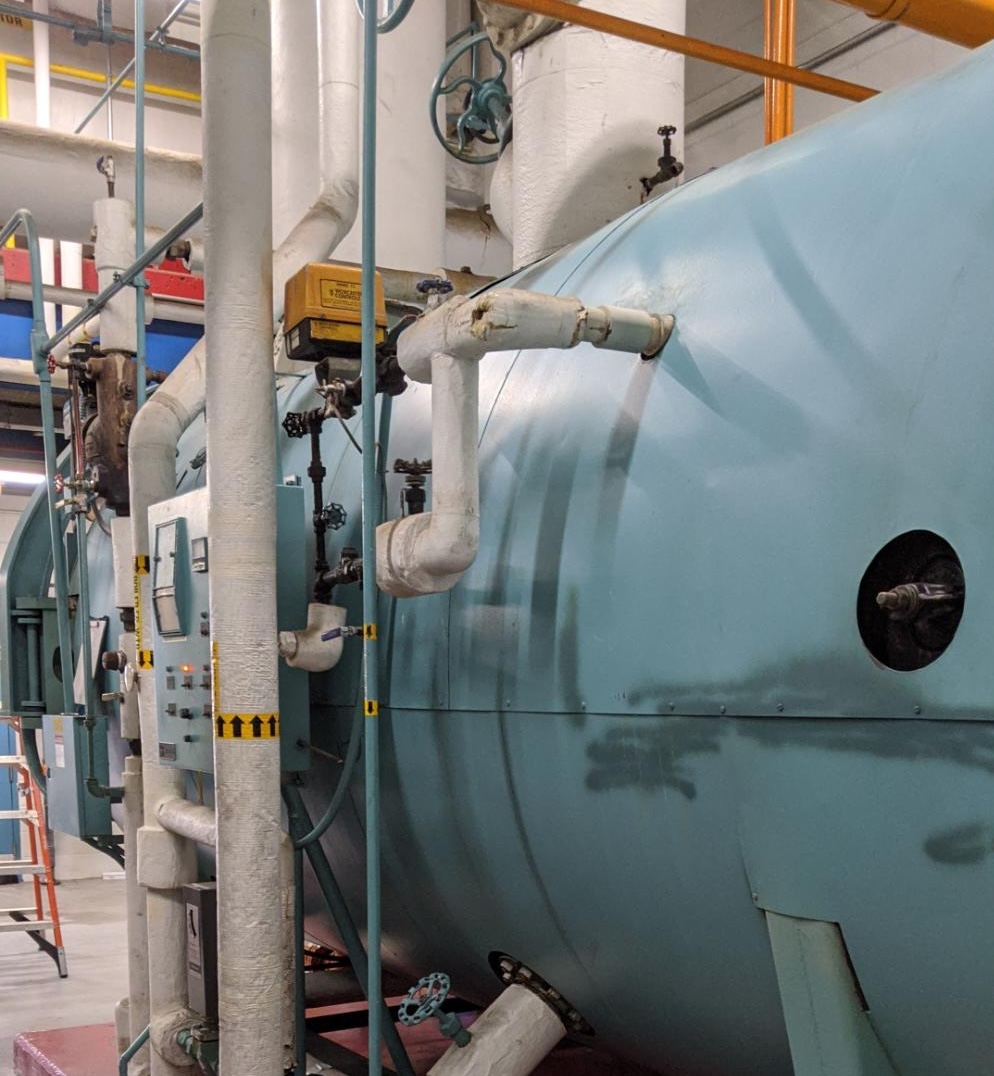Benefits of Slow Opening Boiler Blowdown Valves
05-05-25

In industrial settings where boilers are crucial to operations, the components that manage these systems can make all the difference between efficiency and costly downtime. Among these critical components, slow opening boiler blowdown valves stand out for their significant advantages in safety, system longevity, and operational efficiency. This article explores why these specialized valves deserve consideration in your boiler maintenance strategy.
Understanding Boiler Blowdown Operations
Boiler blowdown is a fundamental maintenance procedure that removes accumulated solids and impurities from boiler water. Without regular blowdown, these contaminants can cause scaling, corrosion, and ultimately, system failure. However, the manner in which blowdown occurs—particularly the speed of valve opening—can dramatically impact system performance and safety.
The Problem with Rapid Valve Opening
Conventional blowdown valves that open quickly introduce several risks to boiler systems. When a valve opens rapidly, it creates sudden pressure differentials that can lead to:
- Water hammer effects that damage piping and components
- Thermal shock to the boiler system
- Excessive stress on blowdown piping
- Premature valve wear and failure
- Potential safety hazards for personnel
These issues not only present immediate safety concerns but also contribute to accelerated wear and tear, increasing maintenance requirements and reducing overall system efficiency.
Key Benefits of Slow Opening Blowdown Valves
Enhanced System Safety
Slow opening blowdown valves significantly reduce the risk of water hammer—a phenomenon where pressure waves in the system can cause pipe ruptures and equipment damage. By controlling the rate at which pressure is released, these valves maintain system stability during the critical blowdown process. This controlled pressure release protects both equipment and personnel from potential hazards associated with rapid pressure changes.
Extended Equipment Lifespan
The gradual pressure reduction achieved with slow opening valves minimizes thermal shock to the boiler system. Sudden temperature changes can weaken metal components over time, but a controlled opening sequence reduces thermal stress on pipes, fittings, and the boiler itself. This more gentle operation translates directly to longer service life for all system components.
Improved Process Control
Slow opening valves provide operators with better control over the blowdown process. This enhanced control allows for:
- More precise management of boiler water chemistry
- Optimized removal of impurities
- Better regulation of blowdown quantity
- Reduced water and energy waste
The ability to fine-tune the blowdown process results in more efficient operations and lower operating costs over time.
Reduced Maintenance Requirements
When blowdown operations occur without the shock and stress of rapid valve opening, maintenance needs decrease substantially. Components experience less wear, reducing the frequency of repairs and replacements. For facilities with multiple boilers or continuous operations, this reduction in maintenance translates to significant cost savings and less downtime.
Energy Efficiency
A controlled blowdown process prevents excessive water and heat loss that often occurs with rapid valve opening. By maintaining better control over the quantity of water released, facilities can optimize their energy usage and reduce the resources required to heat replacement water.
Implementation Considerations
When integrating slow opening blowdown valves into your boiler system, several factors warrant consideration:
Valve Design: Look for valves specifically engineered for slow opening applications in high-pressure, high-temperature environments.
Material Quality: Select valves constructed from materials capable of withstanding the harsh conditions present in boiler systems.
Automation Capabilities: Consider whether manual or automated control best suits your operational needs.
Maintenance Access: Ensure valve placement allows for easy maintenance and inspection.
Compliance: Verify that your selected valve meets relevant industry standards and regulatory requirements.
Return on Investment
While slow opening blowdown valves may represent a higher initial investment than conventional options, their financial benefits quickly become apparent through:
- Reduced emergency maintenance costs
- Decreased downtime
- Extended equipment lifespan
- Lower energy consumption
- Minimized water treatment expenses
For industrial facilities where boiler reliability directly impacts production, the return on investment often materializes within the first year of implementation.
Conclusion
Slow opening boiler blowdown valves represent a significant advancement in boiler maintenance technology. By controlling the rate of pressure release, these specialized valves protect your equipment, enhance safety, and improve operational efficiency. For facilities seeking to optimize their boiler operations while reducing maintenance costs, these valves offer a compelling solution that addresses multiple operational challenges simultaneously.
Contact Everlasting Valve today to discuss your project requirements.